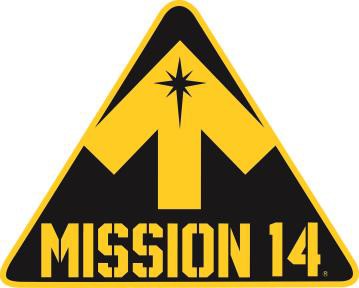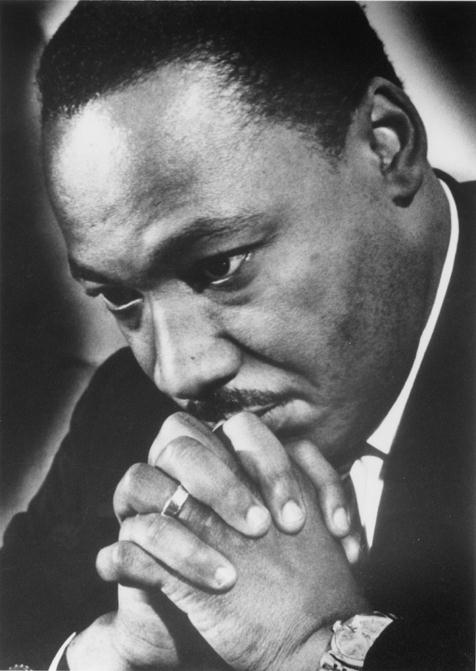The House Judiciary Committee has a markup scheduled for this Wednesday at 10:30am at 2141 Rayburn House Office Building on key human trafficking bills supported by Shared Hope.
All of these bills passed the House in the 113th Congress and support is needed to ensure passage again.
We will be tweeting and posting updates as it happens so be sure to visit Shared Hope social media pages and share/retweet!
Links:
Schedule for Jan. 21 at 10:30am:
- H.R. 181, the “Justice for Victims of Trafficking Act of 2015” (Rep. Ted Poe, R-Texas)
- H.R. 350, the Human Trafficking Prevention, Intervention, and Recovery Act (Rep. Kristi Noem, R-S.D.)
- H.R. 159, the “Stop Exploitation Through Trafficking Act of 2015” (Rep. Erik Paulsen, R-Minn.)
- H.R. 285, the Stop Advertising Victims of Exploitation (SAVE) Act (Rep. Ann Wagner, R-Mo.)

.@RepGoodlatte: “@FBI show the trafficking of minors for sex is one of the fastest growing crimes facing law enforcement.”
— House Judiciary Cmte (@HouseJudiciary) January 21, 2015
[/vc_cta_button2]
 Weinberg Harris & Associates
Weinberg Harris & Associates
 Recently we posted
Recently we posted 






